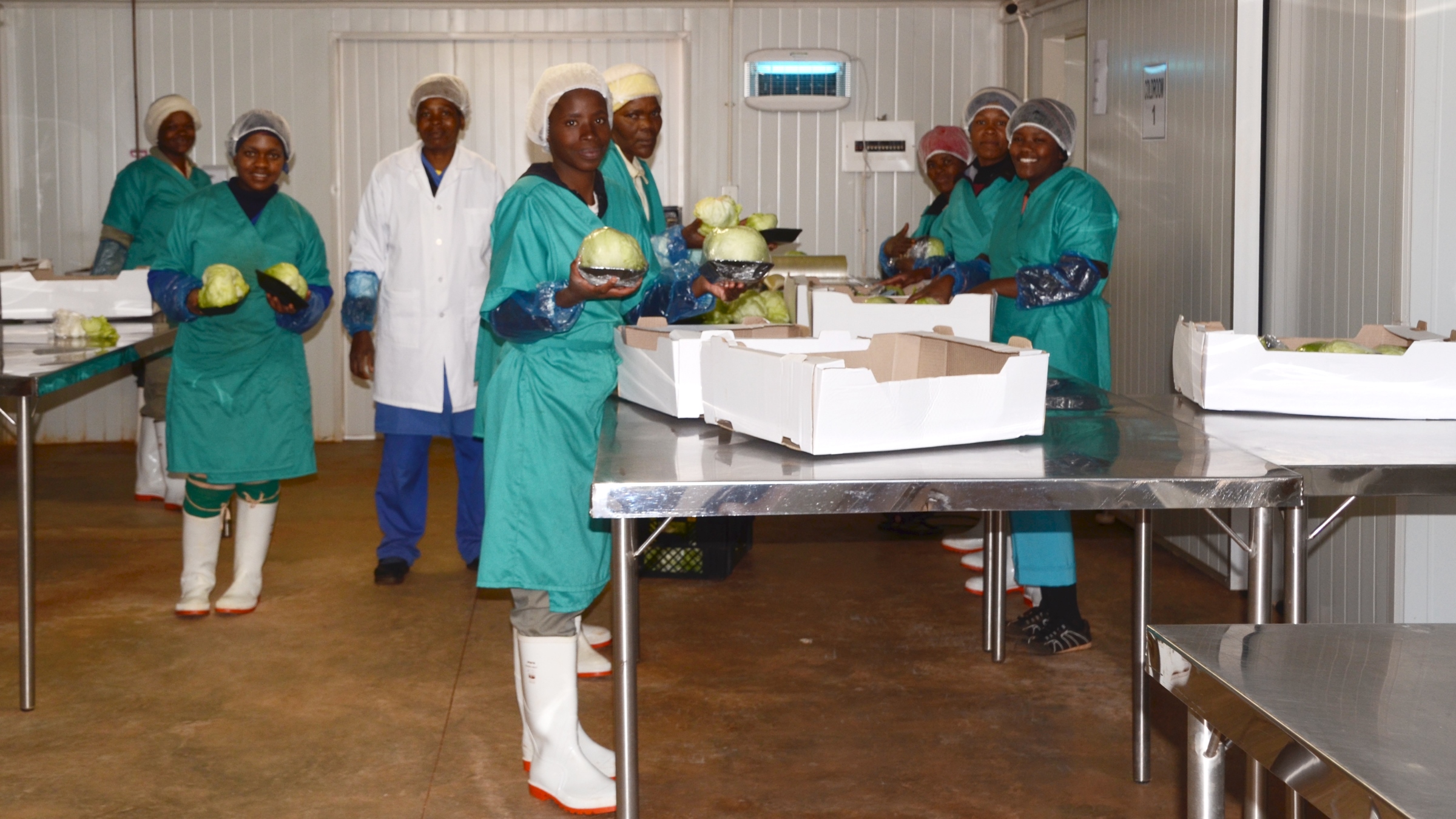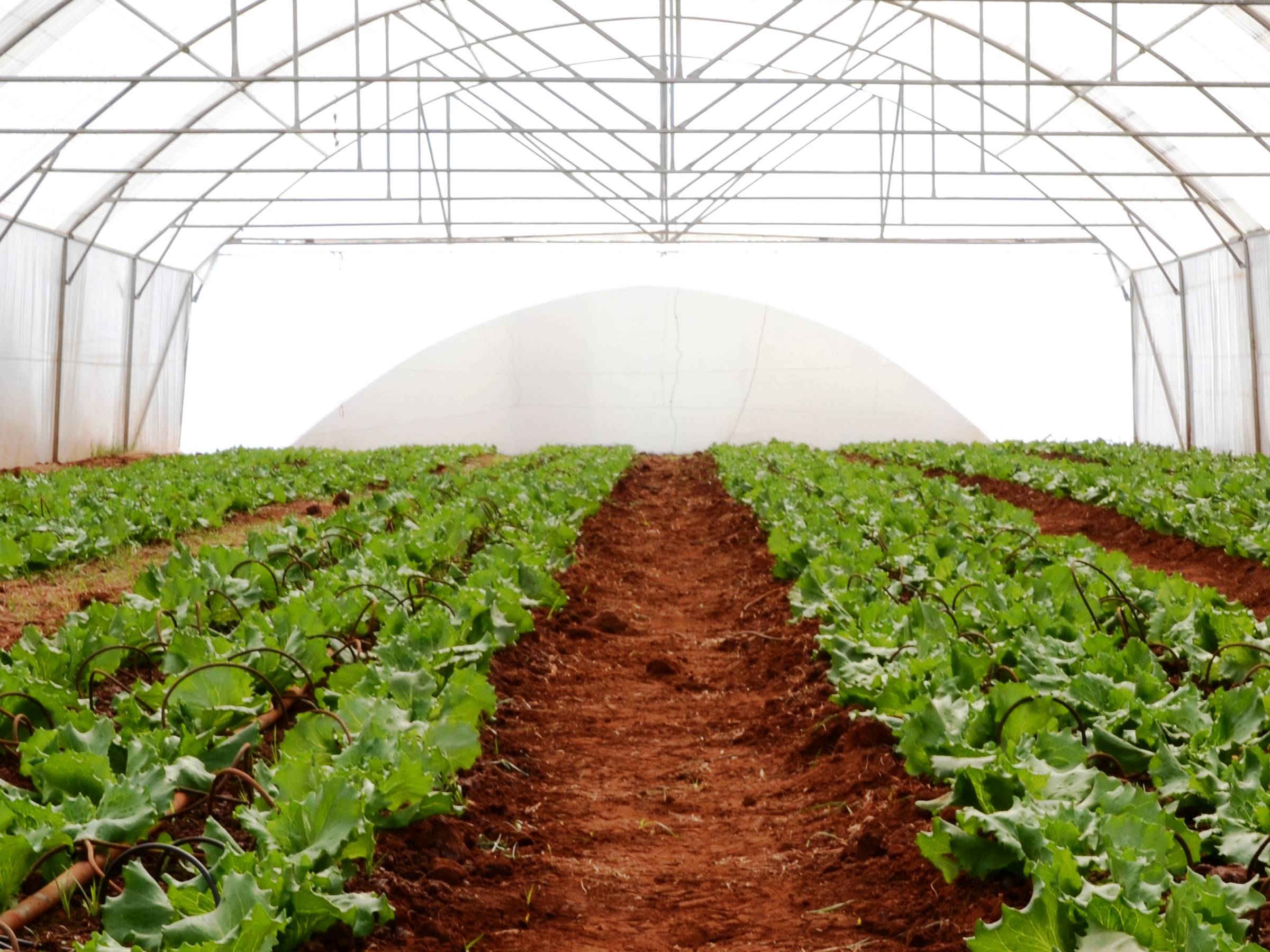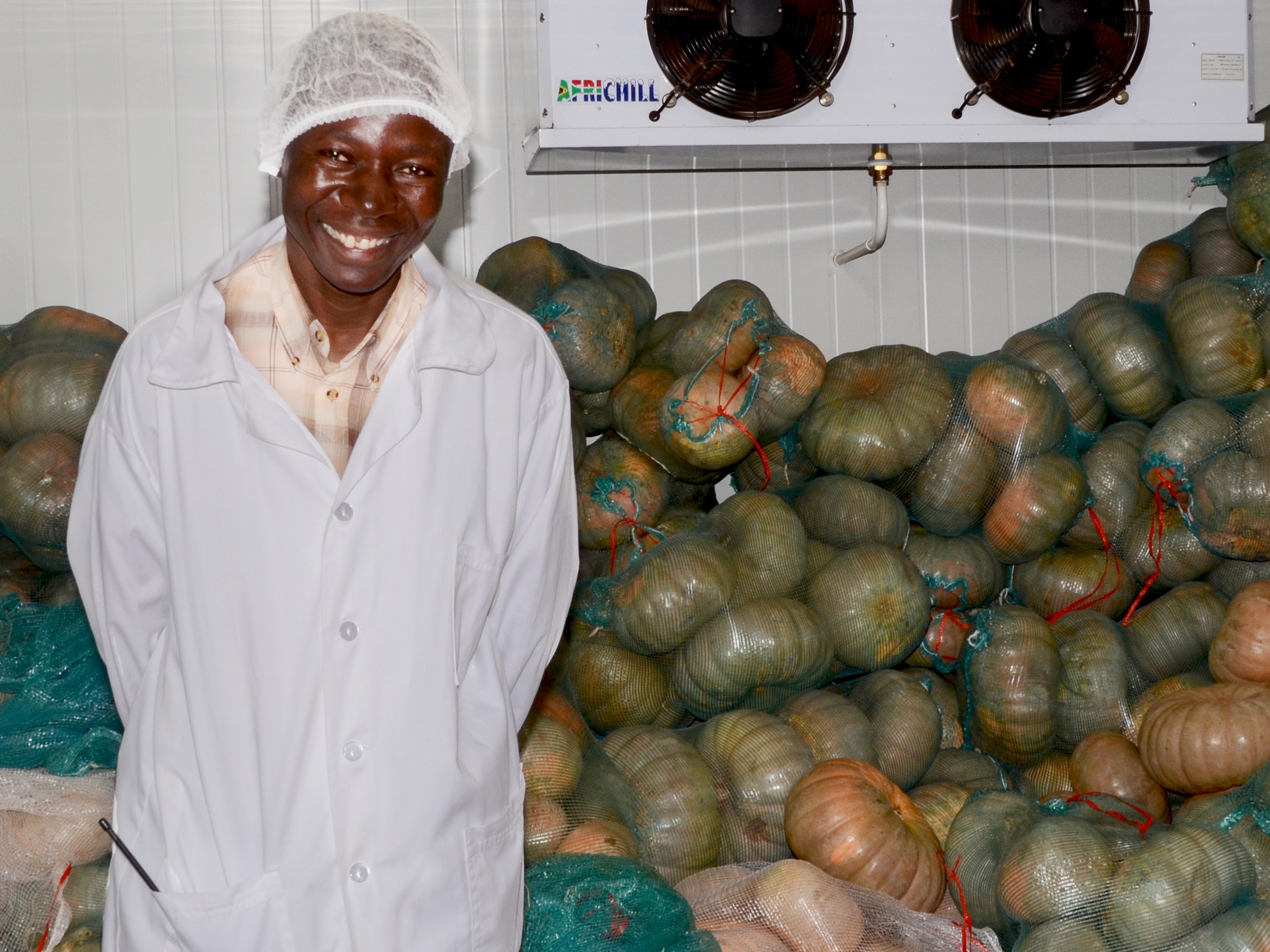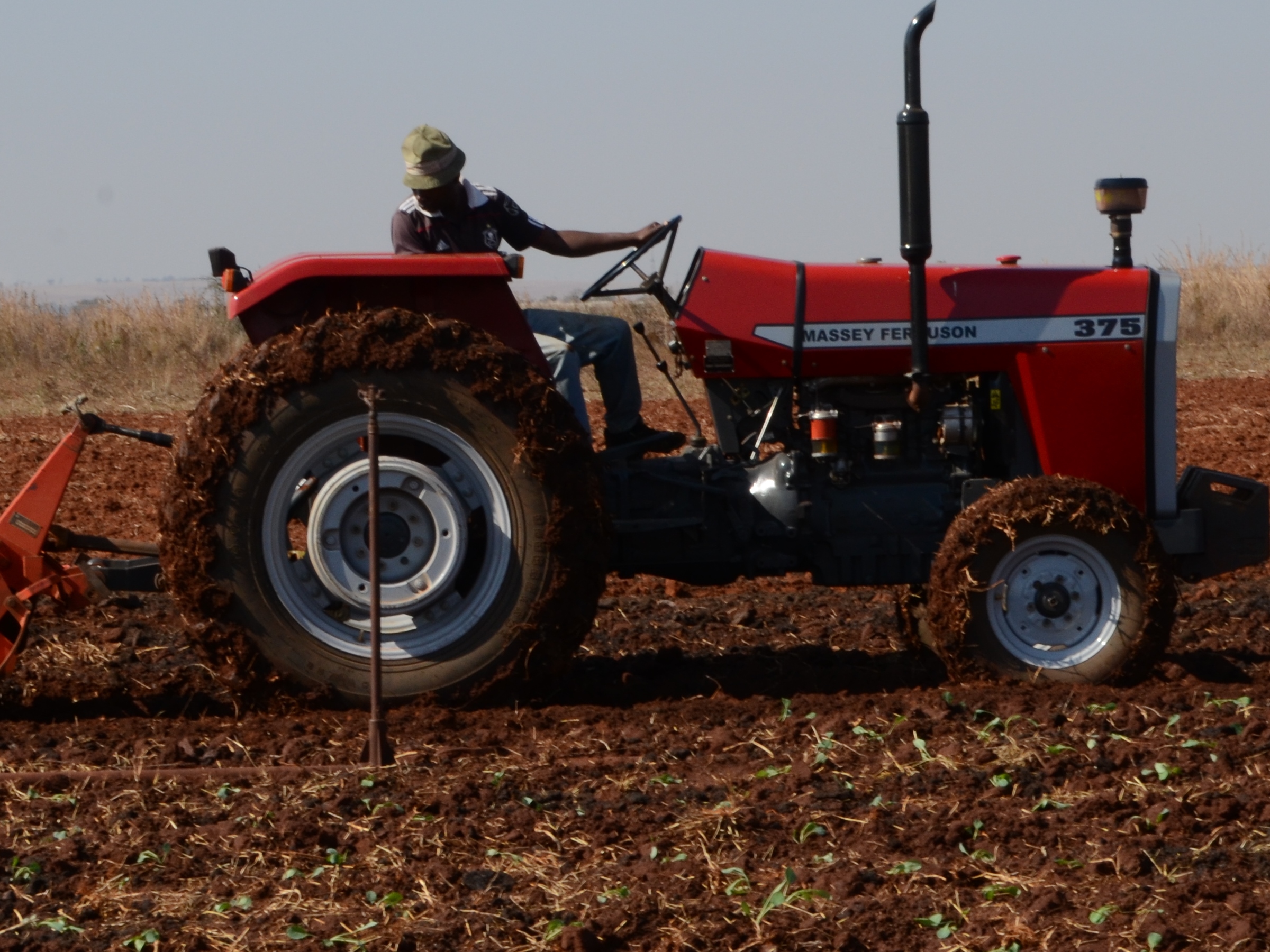Farmer Eco Enterprise Development (FEED Africa)

FEED Africa’s business model is to commercialise emerging eco-farmers who lack the resources and expertise to participate in the mainstream green economy and to help them adapt to climate change. The five pillars of the model are: selection of land & people, training, mentorship, operational support, and sales & marketing. Individual farms are often too small to achieve the volumes required by markets. FEED therefore creates a platform where groups of local farmers can share resources, training and access to markets.
- Ensuring a broader social impact, as participants in the enterprise share the knowledge gained within their communities.
- Improving health and livelihoods in the communities surrounding the farms. These communities consist of 1,500 – 3,000 households.
- Replacing conventional chemicals on the farms with about 1,000 tons of organic chemicals and 5,000 tons of organic compost.
- Using natural resources sustainably – less water is used and healthier soils result.
- Minimising waste by recycling it in earthworm farms.
- Developing emerging farmers and ensuring they have sufficient scale to compete on markets.
- Training and educating on all aspects of farming and marketing to ensure improved income for farmers and more jobs for community members.


Partners
Food & Trees for Africa provides extensive training, land, infrastructure, marketing and business support.
Afrisam SA funds Rethabiseng farm development, giving over 50 eco-farmers support to establish sustainable eco-farming businesses.
Kumba Ore funded a 20-hectare bamboo farm and the development of a 4-hectare organic vegetable farm in Thabazimbi.
National Development Agency (NDA) funds new farmers in Lawely, Johannesburg and provides funding to develop a working organic vegetable farm.

